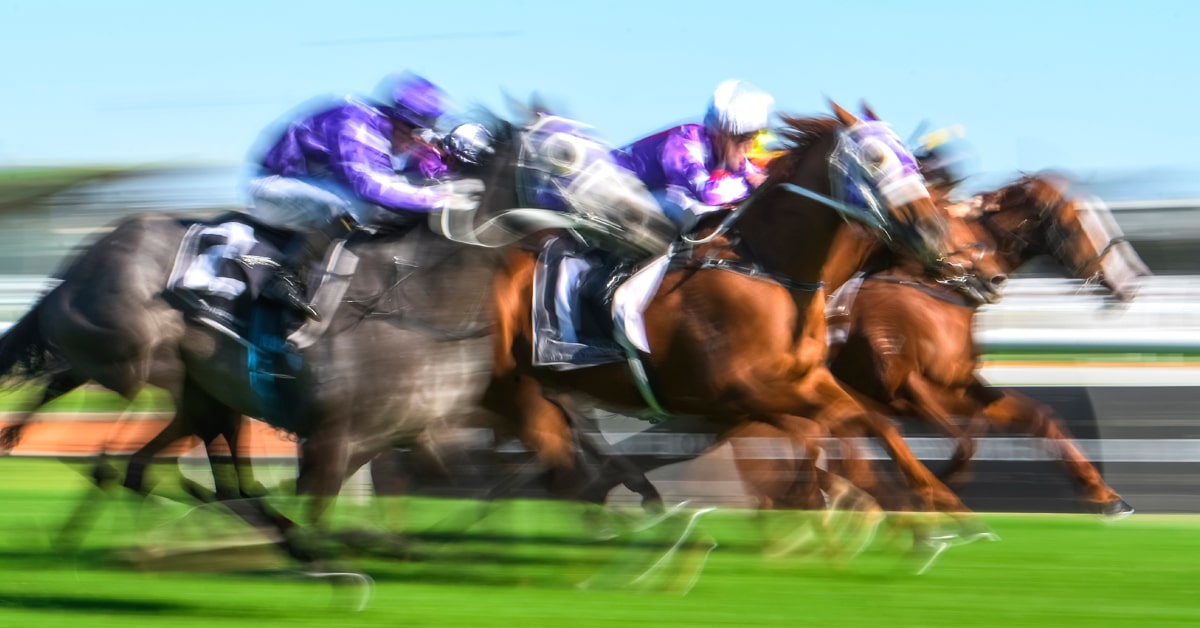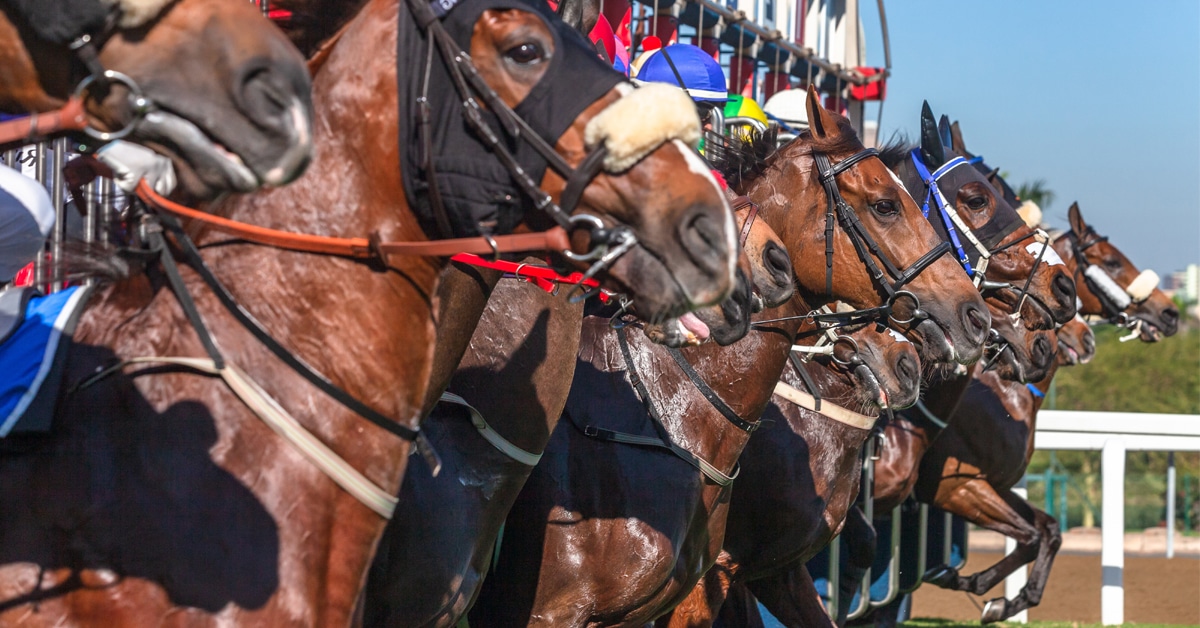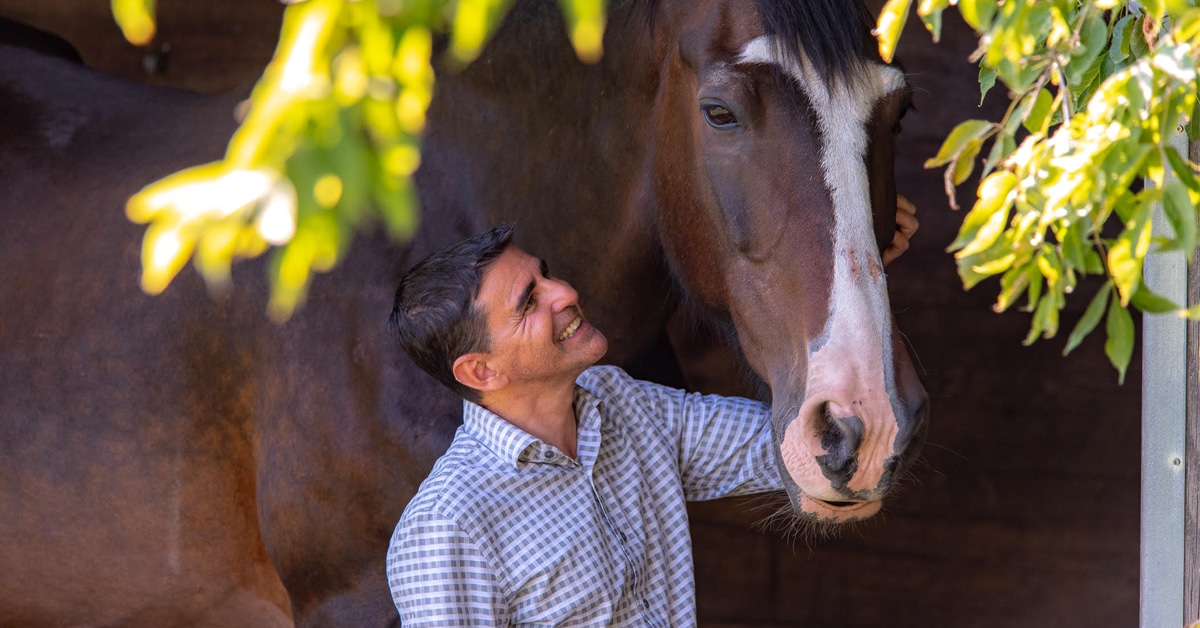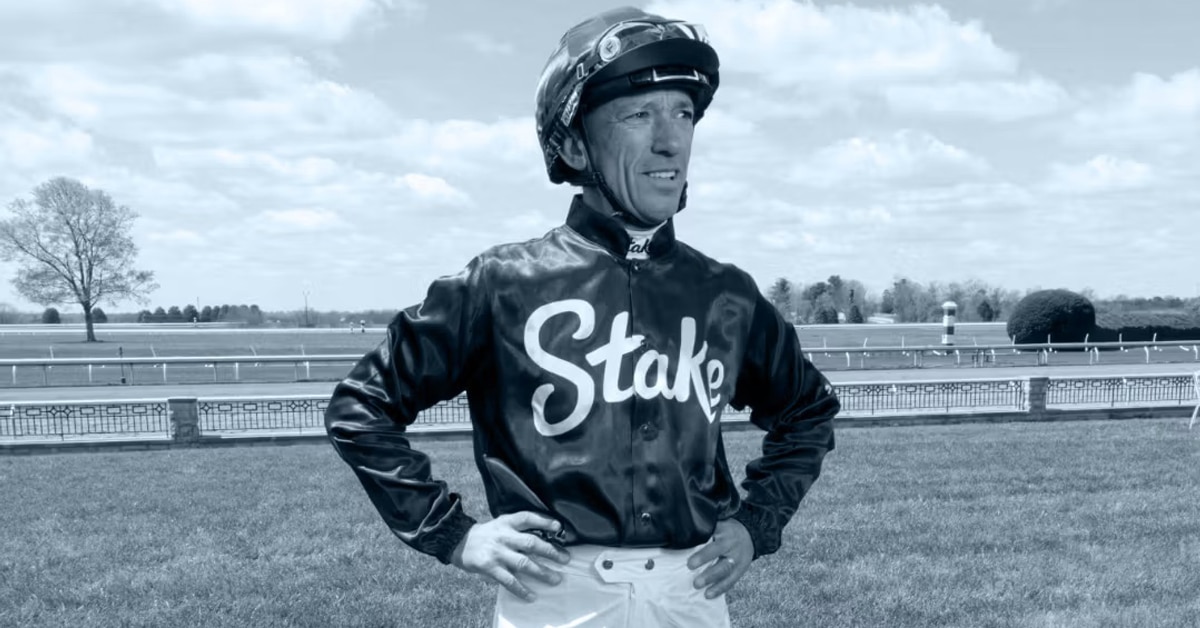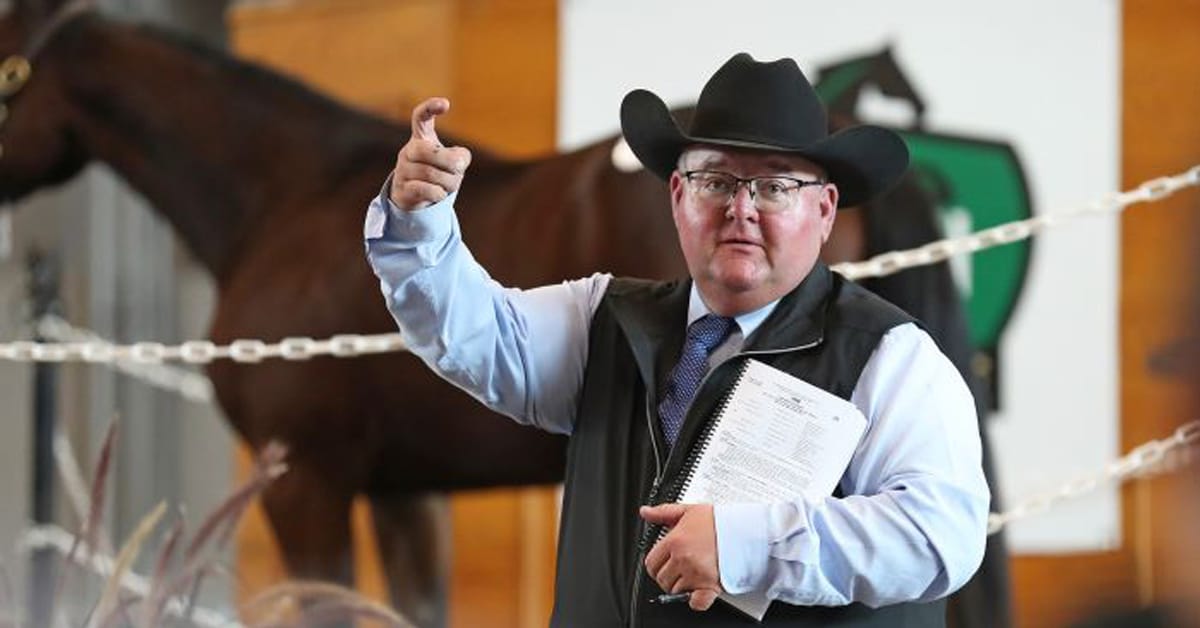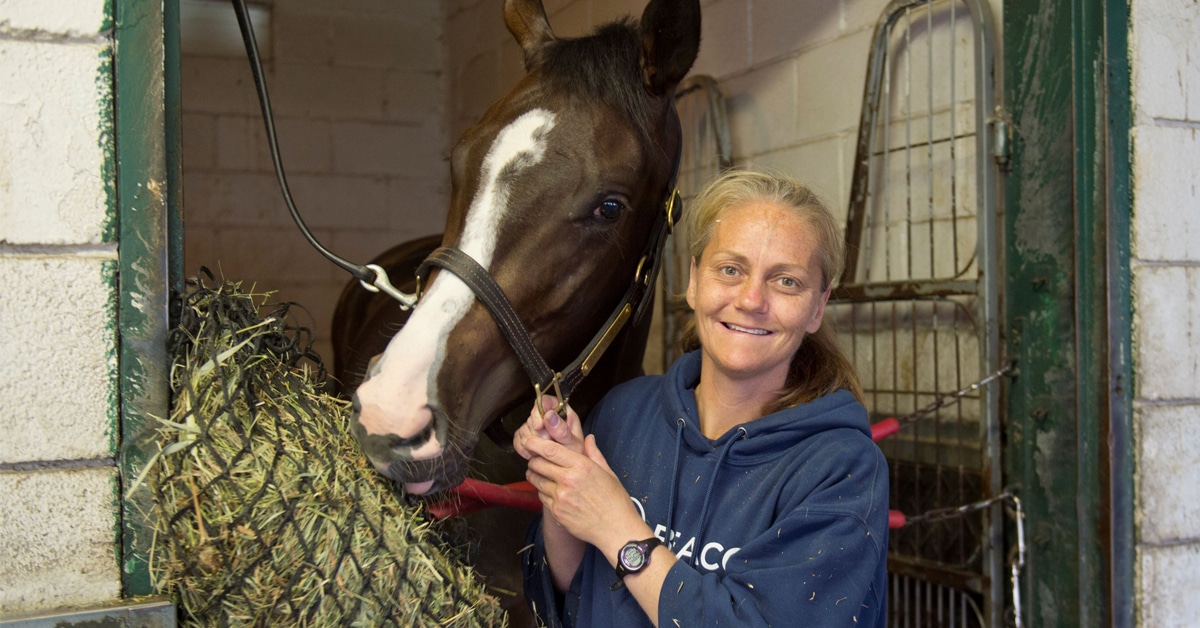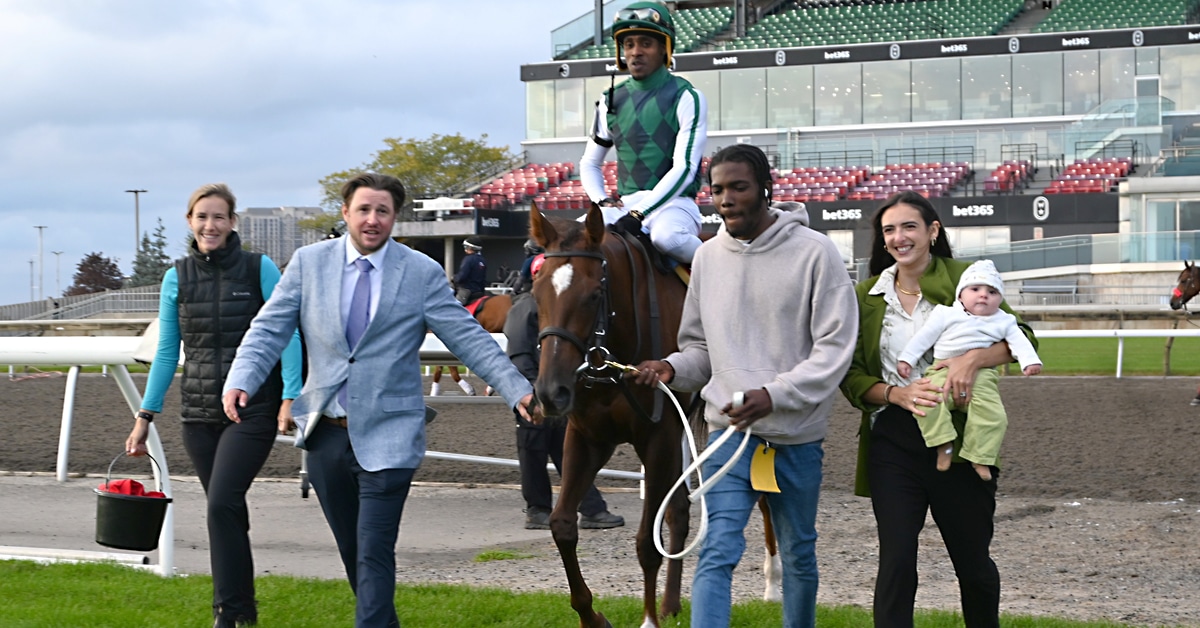An animal lover from childhood, Reade Baker first landed at the racetrack in the summer of 1965 as a swing groom for Windfields Farm. The Port Dalhousie, ON-born Baker worked for trainer Pete McCann who had a Windfields string at Fort Erie.
Baker worked his way through the industry selling horse insurance and then becoming a successful jockey agent, guiding the career of top rider Gary Stahlbaum.
In the 1980s, he was hired to manage the racing and breeding stable of Richard Kennedy and in 1987 was instrumental in leading the owner’s Mr. Prospector colt Afleet to a Horse of the Year campaign. Afleet flew through stakes victories at Woodbine and then flaunted his dazzling speed in winning the Grade 1 Jerome Stakes at Belmont and the Grade 2 Pennsylvania Derby.
Baker took out his trainer’s license in 1989 and launched a stellar career that saw him win 1,119 races, $54 million in purses and prepare the winners of 128 stakes races.
Baker purchased 37 stakes winners for clients and during his own breeding stint, bred nine stakes winners.
He trained two Horses of the Year in Fatal Bullet in 2008 and Biofuel in 2009.
Baker was well known for building up large, successful stables for many owners including several from outside Toronto. Those included Brereton Jones (owner of Biofuel), Jim and Susan Hill, Gunpowder Stable and Danny Dion’s Bear Stables.
On Jan. 15, Baker announced he is stepping away from training to pursue new challenges in thoroughbred racing.
What went into the decision to retire from training?
“Three things happened. First, the oil business went down the drain and that hurt some of my owners. I had a few owners who were in the oil business. Number two was the difference in the dollar (Canadian to U.S.), which doesn’t make our purses nearly as good as they used to be for American owners. And three, in the claiming races here, I don’t think we have a level playing field. A few trainers, who in the past got the same (winning rate) as everyone else, now seem to have the ability to get inordinate, high performance results from their horses. Also, I didn’t have enough allowance horses.”
What are you offering with your new services? What are you hoping to do?
“I could do one of three things or combine two of them. I could buy yearlings for people at sales, or I would like to be a racing manager and combine that with the breeding and sales aspect. And the third thing would be jock’s agent. It’s something to think about.”
What are some of your proudest moments as a trainer?
“In 1998, I had a horse named Van Patten. He was coming off a long layoff of about seven months and he won in a track record-type performance. I was pretty dang happy that day. That was the first time that I thought that I was capable of doing my job. I have sent out horses to break track records for 1 1/8 miles three times; one of them was Stronach Stables’ Hunters Bay who was a Champion Older Male in 2012. Another one was having Jim McAleney ride Breaking Lucky to win the Prince of Wales at Fort Erie in 2015. And Fatal Bullet (second in the 2008 Breeders’ Cup Sprint at Santa Anita), he was a real trier. And the $1 million Cotillion Stakes win with Bear Now (2007), that was the richest race I won. They didn’t have any respect for the Canadian form and just let her lope along out there on the lead.”
As part of training you also went to dozens of sales to purchase horses for clients. Tell us about some of those shrewd buys.
“One of those was Bear It’s Time (Philanthropist filly out of Time Allowed). I bought her for $6,500 from the 2009 CTHS Ontario sale (for Bear Stables). She won stakes and made over $382,000. Another one was Free Fee Lady. I was in Alberta in 2008 and I decided to go to the CTHS sale there. I bought her for about $30,000 for Dick Bonnycastle and she won two-thirds of the Triple Tiara at Woodbine. Free Fee Lady, and another horse I bought, Bears Peak ($60,000 purchase in 2009 at CTHS Ontario, earned over $229,000) were two of the most courageous horses I ever trained. They both had physical problems and still were big winners.”
What did you enjoy about training?
“I liked watching young horses develop — some horses that work just slow and steady in the morning and watch them turn around. I was never concerned about winning the first time out. I was dead set on winning with a young horse going around two turns. When I had horses do that I was happy; it was a real sense of accomplishment.”
What was the toughest thing about training?
“I never seemed to keep the owners happy, that was one thing. The toughest thing that happened to me with a horse was with Bear Holiday. He was cut out to be any kind of horse. The best young horse I ever trained by far. He won three races in a row. Then one morning we heard a loud bang, I don’t know if he hit his head on the wall of his stall. There were never any marks on him. We shipped him all over America to try and find out what was wrong with him. Finally it showed that he had broken a bone in his neck. That horse could have beaten anybody, I was dreaming Triple Crown.”
Has the role of a trainer changed over the years?
“I think all this information that is available now, it gets to the owners quicker. It’s simply raw data, but sometimes owners try to turn that into facts. So, there’s far more input by the owners who, for the most part, are really not educated enough to have that kind of input into training. When I started, the maximum number of horses you could have at the track was 40 or 45 and owners wouldn’t really tolerate training them on a farm. Now we have hundreds of them training on farms. It is hard for smaller training stables, too, as most of the horses are all going to a handful of big trainers throughout North America and everyone else seem to be filling races for them. It is still a game of egos so when you are asked, ‘Who is your trainer?’, you could say so and so in Maryland and get no reaction. But if you say ‘Todd Pletcher,’ you get, ‘Oh, he’s great. He won six races on the weekend.’ Nobody mentions he ran 42 horses on the weekend.”
Outside of starting up the next phase of your career, what are you looking forward to doing with spare time?
“I’m looking forward to fishing and gardening.”
Would you say you would never come back to training?
“I will say never to a public stable again. But I would say never say never if I had a private stable.”
The Latest
